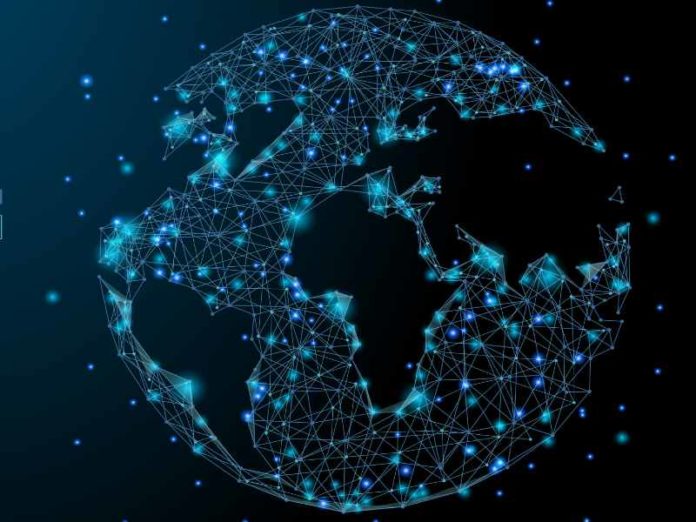
The High-level Dialogue on Energy, which will be convened by UN Secretary-General António Guterres at the summit level at the request of the General Assembly, is an historic opportunity to close this gap, as the first gathering of leaders in more than 40 years at the UN solely devoted to energy issues.
It will produce a roadmap toward net-zero emissions and universal energy access and provide an opportunity for governments, as well as businesses and civil society organizations, to present plans and commitments in the form of “Energy Compacts”, that will help achieve Sustainable Development Goal 7 and the Paris Agreement.
ENERGY COMPACTS.
Among the large-scale Energy Compacts already previewed, the Rockefeller Foundation and IKEA Foundation have committed $1 billion to spearhead a new global funding platform and empower 1 billion people with access to distributed renewable energy, such as mini-grids.
WHAT / WHY
The recent IPCC report showed that urgent action is needed to keep the 1.5°C goal in reach, in order to limit the impacts of climate change. At the same time, this goal will not be reached unless all people have access to clean, affordable and reliable energy, as agreed to by all countries as part of the 2030 Sustainable Development Goals — Goal 7.
Globally there are 759 million people without access to electricity. A further 800 million or more people have unreliable or intermittent access to the essential electricity that is needed at home, work, school, health facilities and community services for people to live healthy and productive lives. Nearly 3 billion people do not have access to clean cooking fuels and technologies.
The energy sector currently accounts for almost three-quarters of greenhouse gas emissions.
Taking place less than two months before the critical Climate Conference in Glasgow this November—COP 26—the Energy Dialogue is also an important step towards mobilizing commitments and defining the actions that will enable countries to reduce their emissions by 45 per cent by 2030 and reach net zero emissions by 2050, in line with the Paris Agreement.












